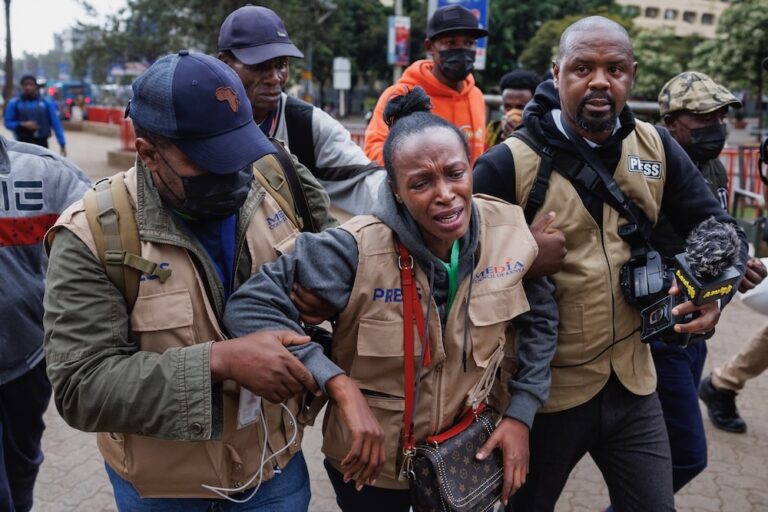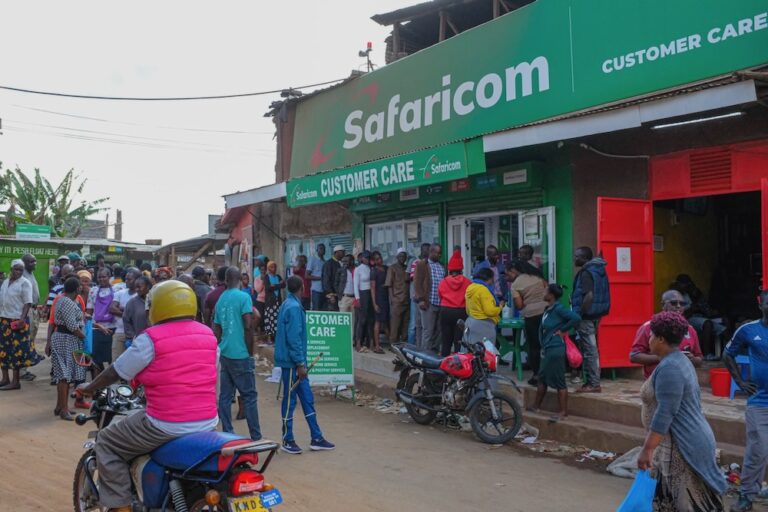(NDIMA/IFEX) – On 13 December 2000, Kenyan Police Commissioner Philemon Abong’o directed police bosses from the Western and Rift Valley provinces of Kenya to institute immediate investigations into recent attacks against journalists. The incidents occurred while the journalists were covering two separate meetings called by the lobby group Muungano wa Mageuzi in Busia town (in […]
(NDIMA/IFEX) – On 13 December 2000, Kenyan Police Commissioner Philemon Abong’o directed police bosses from the Western and Rift Valley provinces of Kenya to institute immediate investigations into recent attacks against journalists. The incidents occurred while the journalists were covering two separate meetings called by the lobby group Muungano wa Mageuzi in Busia town (in the Western Province, near the Kenya-Uganda border), as well as in Naivasha town (in the Rift Valley Province, about eighty kilometres west of Nairobi).
At the same time, Abong’o appealed to journalists to present themselves before the respective Provincial Police Officers (PPOs) in order to obtain P3 forms and record statements about the harassment. They were also asked to assist the PPOs in positively identifying the culprits in order to facilitate conclusive investigations.
“Once all this is done, I can assure you that the force will take a stern action including summary dismissal from the force for those found guilty,” Abong’o assured the Kenya Union of Journalists’ executive members, who held a breakfast meeting with him to discuss the police brutality. Calling their meeting historic, the commissioner ensured that every step would be taken to harmonise the relationship between journalists and police officers.
“We are not going to entertain one or two wayward members of the force to taint the entire image of the police force. No one is above the law, including myself, and we are not going to protect these people,” Abong’o asserted.


